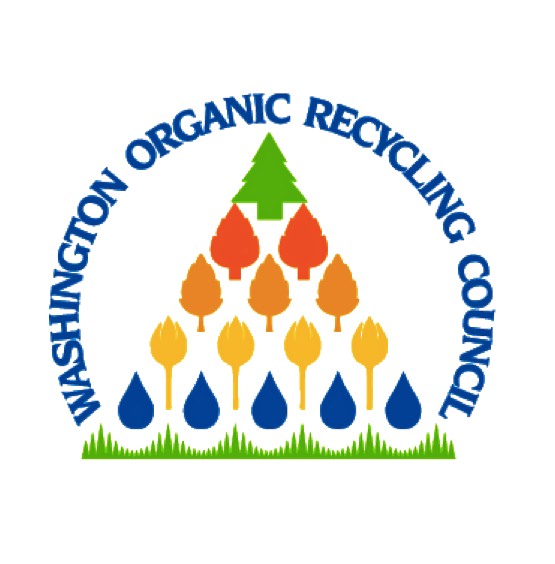Composting and biochar production are waste valorization technologies that can contribute to climate change mitigation and soil conservation practices. Co-composting or other means of integrating these processes is both promising and complex. Biochar utilization can reduce emissions and nutrient loss during the composting process and improve the quality of the finished compost. Compared to "raw" biochar, co-composted biochar may also display enhanced properties that are beneficial for soil health.
This talk will provide an overview of biochar co-composting, integration of biochar into compost at the industrial scale, and current research on the topic. Specifically, the effects of biochar on the biochemical reactions characterizing the composting process and mechanisms of interaction will be discussed. Literature and studies relating to the quantification of the effects of biochar on compost emissions, nutrient loss, and microbial communities will also be presented. Caveats of biochar addition to composting will be covered, particularly relating to process logistics and traditional metrics (and techniques) for the evaluation of compost quality.
Veronica Crow is a PhD candidate in Biological Systems Engineering at Washington State University. Her research focuses on biochar redox properties and interactions between biochar and biological systems. She is currently conducting bench-scale in-vessel composting studies to measure the effects of biochar on compost emissions and material properties, as well as batch and semi continuous anaerobic digestion experiments to better understand the mechanisms by which certain biochars can enhance methane production. She works in the Bioproducts and Bioenergy research group led by Dr. Manuel Garcia-Perez.

